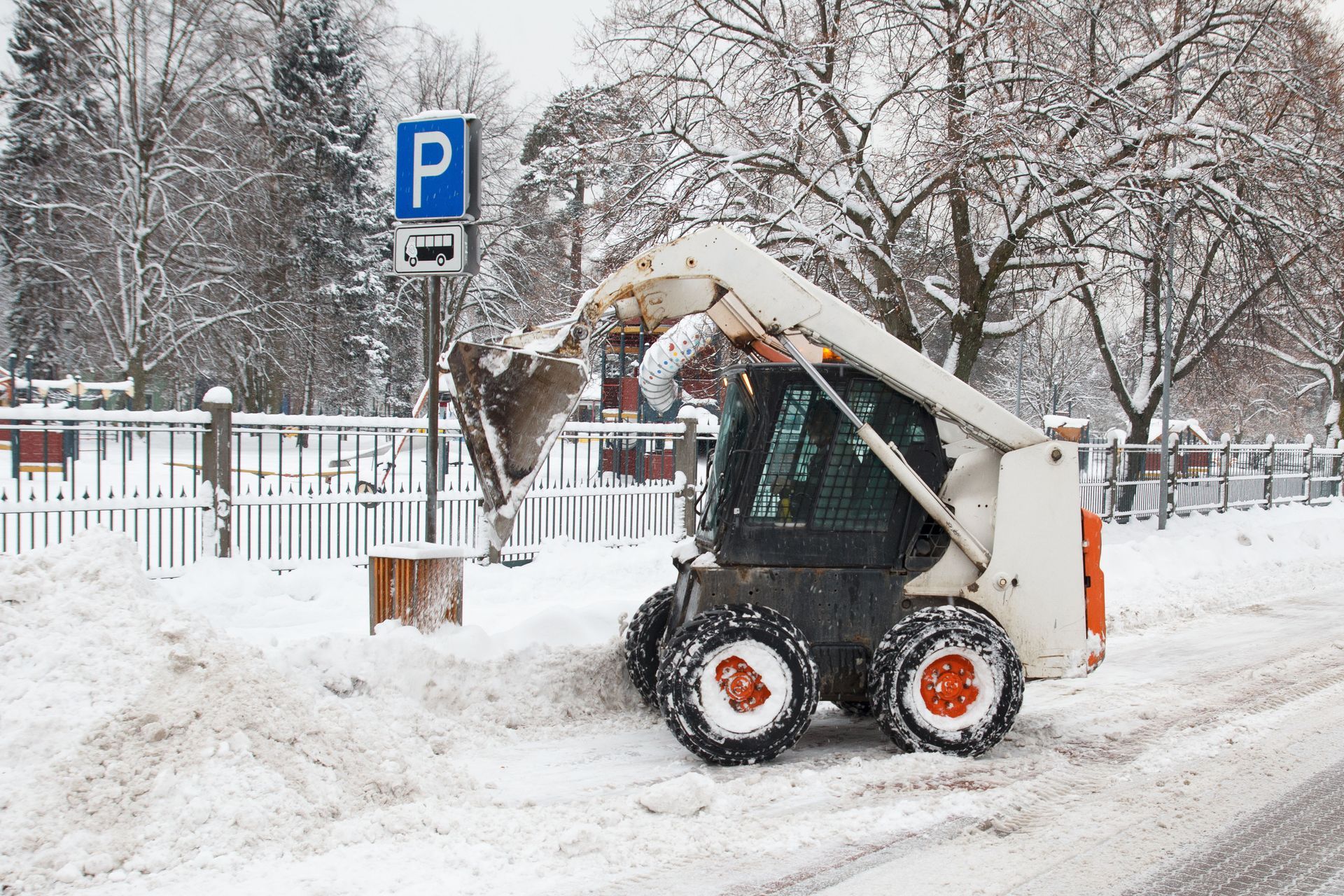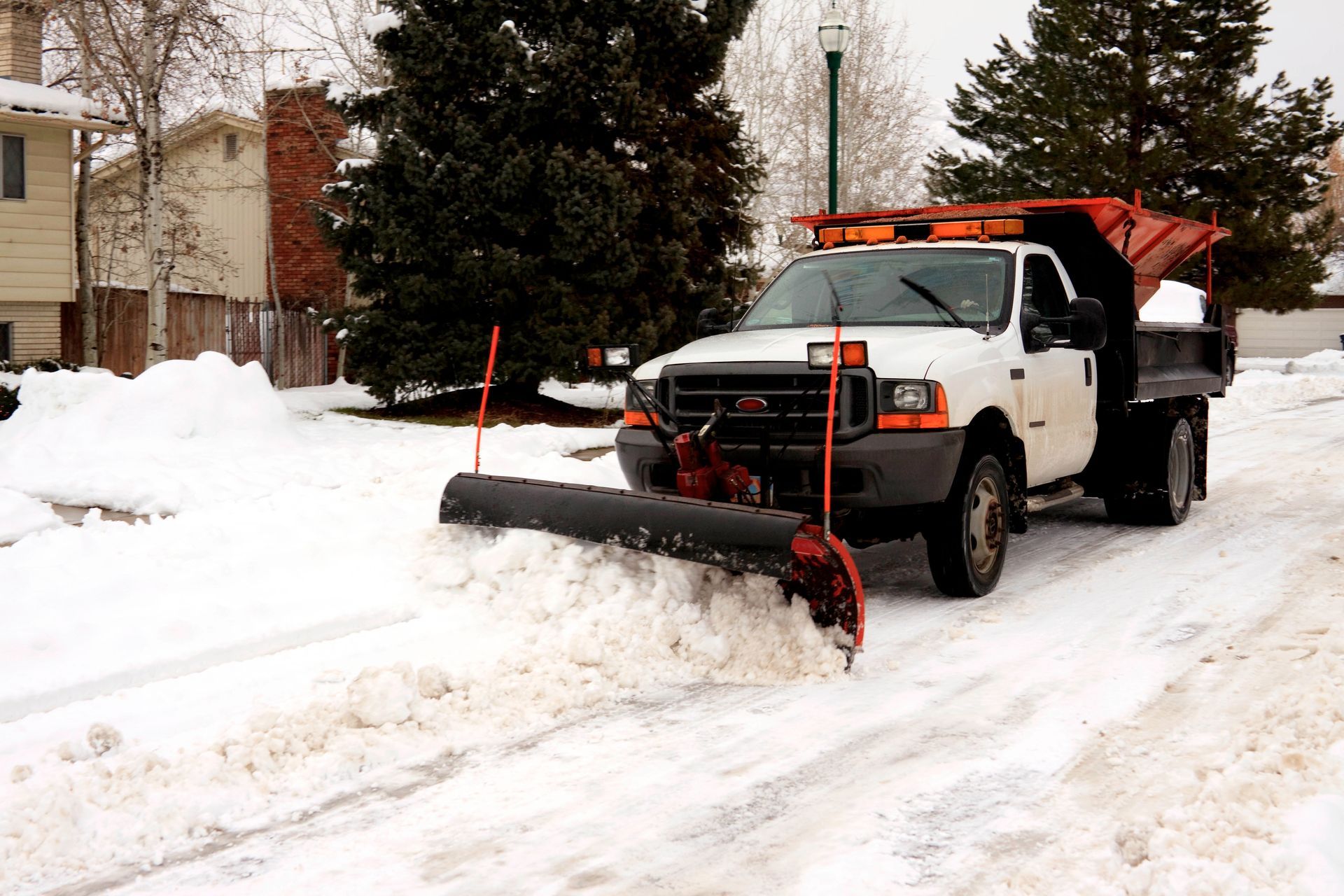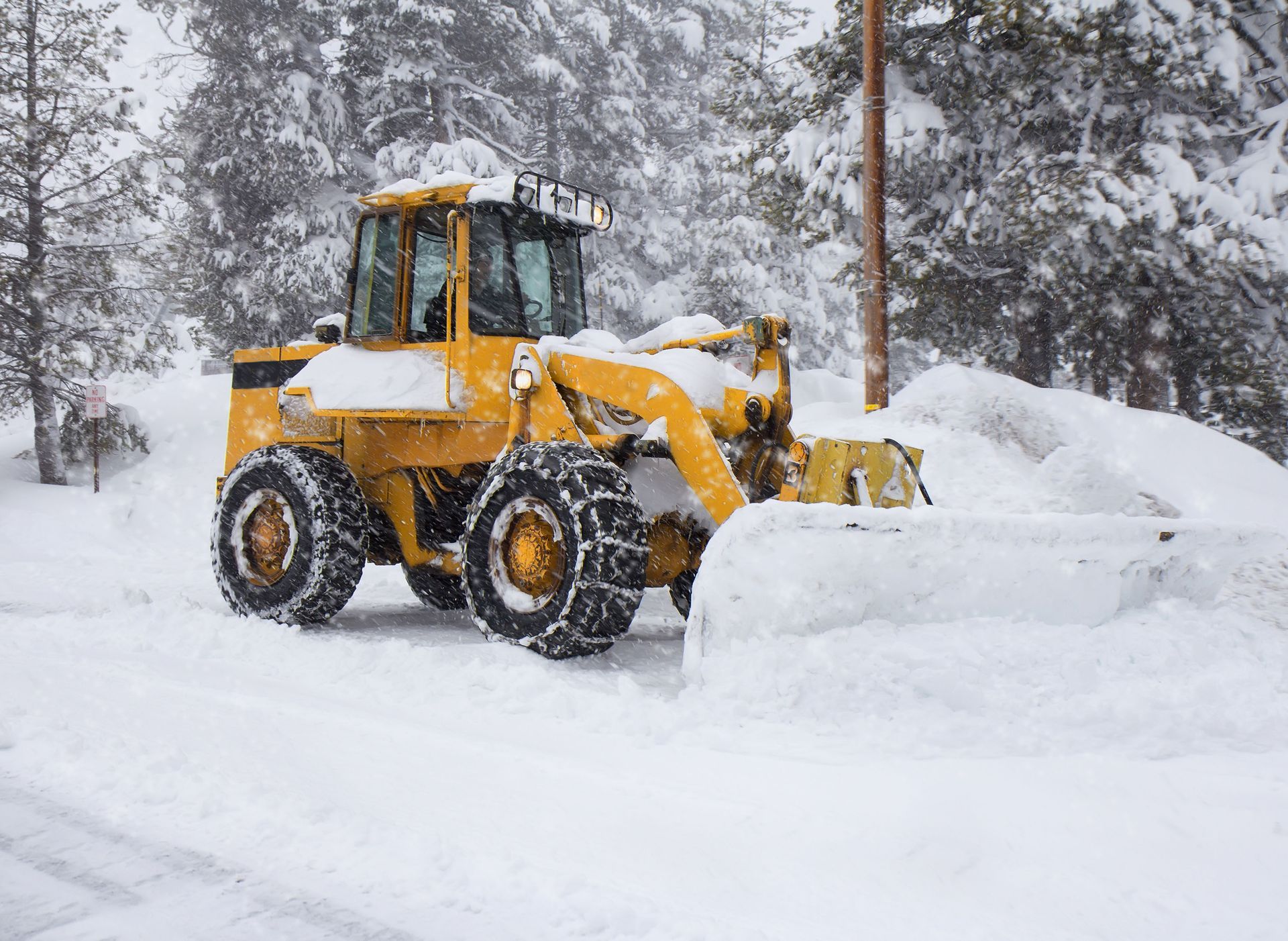August 26, 2025
As winter approaches, business owners must recognize the critical importance of timely commercial snow plowing. Failing to address snow and ice adequately can lead to significant financial, legal, and reputational liabilities. By understanding the broader implications, businesses can avert the potential devastation caused by negligence, ensuring safety and continuity.
Neglecting timely snow removal has repercussions far beyond mere inconvenience. It can result in hazardous conditions, legal entanglements, increased insurance claims, and a loss of clientele. To mitigate these risks, proactive snow management must be a top priority for any business situated in snowy climates.
The article delves into various aspects, from legal liabilities to financial ramifications, emphasizing the necessity of strategic snow removal. Proactive measures not only safeguard against liability but also foster a safe and welcoming environment for both employees and customers. The key takeaway is clear: timely snow management is not just beneficial but essential.
1. Understanding the Legal Obligations of Snow Removal
In many jurisdictions, snow removal is not just a recommendation but a legal requirement for business owners. Federal and state regulations often mandate that sidewalks, parking lots, and other public access points remain clear of snow and ice. Compliance with these regulations is crucial to avoid penalties and potential legal action. Typically, these laws specify time frames within which snow should be cleared, making timely action a legal mandate. Business owners must familiarize themselves with both federal and state requirements to ensure compliance.
Beyond federal and state laws, local ordinances significantly impact snow removal practices. These ordinances can vary widely, detailing specific requirements for snow depth tolerance, timing for removal, and even types of snow melting agents permissible. Not adhering to local ordinances can result in fines and community backlash. Local governments provide guidelines to assist businesses in maintaining compliance. Hence, staying informed about the local codes is a proactive step in averting legal complications.
The legal implications of neglecting snow removal are profound. Business owners may be held accountable for accidents occurring due to uncleared pathways, resulting in lawsuits and reputational damage. Negligence can be defined based on failing to act promptly and failing to meet set standards. Given that commercial properties are highlighted as prevalent sites for slip and fall incidents, adherence to snow removal obligations becomes even more critical. Therefore, consistent and timely snow management is pivotal in minimizing the risk of legal accountability.
According to the National Safety Council, over 70,000 injuries annually in the U.S. are related to slips, trips, and falls on snow and ice, with commercial properties being a major site for such incidents. These statistics highlight the urgent need for businesses to manage their snow removal responsibilities effectively. By ensuring that premises are safe and accessible, businesses can reduce the risk of legal repercussions.
Legal precedents illustrate the severe consequences of failing to comply with snow removal obligations. Often, businesses involved in lawsuits not only face financial penalties but also damage to their reputation. Documented cases reveal how inadequate snow management can lead to settlements and elevated insurance costs. For instance, businesses that neglected timely response faced substantial lawsuits for injuries sustained on their property. Learning from these cases, adopting proactive measures can shield businesses from similar fates.
To fulfill legal obligations, many businesses engage professional snow removal services. Hiring qualified providers ensures compliance with regulations and reduces liability risk. Established companies bring expertise and equipment necessary for comprehensive snow management. Verified service providers also offer documentation, crucial for legal verification and potential disputes. Thus, investing in reliable snow removal services is both a practical and legal necessity for business owners.
2. Financial Implications of Delayed or Inadequate Snow Plowing
Delayed snow removal can significantly increase the risk of accidents on business premises. These incidents may lead to substantial claims against the businesses, which can be financially devastating. Accidents can also result in severe property damage, further amplifying the direct costs. Ensuring timely plowing mitigates these risks and avoids unnecessary expenditures. By maintaining clear and safe environments, the likelihood and resultant costs of accidents are notably diminished.
Inadequate snow management can subsequently result in increased insurance premiums. Insurers view a failure to conduct timely removal as an indicator of high-risk liability. This perception often leads to higher premiums or even the denial of claims related to snow-related incidents. Conversely, consistent and proactive removal can positively influence insurance assessments and lead to lower premiums. Businesses benefit financially by maintaining a diligent snow management practice that satisfies their insurer's criteria.
Snow and ice can cause unexpected business disruptions, leading to closed facilities and lost working hours. Such interruptions impact productivity and revenue, constituting hidden costs of inadequate snow management. Businesses that prioritize timely clearance maintain operational continuity and safeguard their bottom line. Additionally, accessible and safe premises encourage footfall even in inclement weather conditions. Ultimately, understanding these hidden costs emphasizes the value of preemptive snow management strategies.
Investing in regular snow management is a financially sound strategy for businesses in snow-prone areas. The cost of preventive measures often outweighs the expenses related to accidents and lost business. Regular removal services ensure consistent conditions that minimize operational downtime. Moreover, having a plan in place optimizes resource allocation, resulting in cost efficiencies. Ultimately, businesses realize a substantial return on investment through reduced liability instances and smoother operations.
To manage snow removal costs efficiently, businesses can explore various strategies. Regular service contracts can often secure favorable rates with providers. Businesses may also adopt technology-driven solutions to augment traditional removal methods, reducing labor and materials expenses. Exploring partnerships with nearby businesses for joint contracts can also distribute costs effectively. Ultimately, careful planning and strategy development are key to finding cost-effective solutions while ensuring complete coverage.
3. Protecting Patrons and Employees: Ensuring Safety
Safety is a paramount concern when it comes to snow and ice management. Proactive removal reduces the risk of slip and fall incidents dramatically. These incidents, often prevalent in commercial areas, inflict not only physical harm but also potential legal consequences. According to the National Safety Council, over 70,000 slip, trip, and fall injuries annually are linked to snow and ice, making attention to proactive measures crucial. By minimizing these risks, businesses protect their patrons and workforce alike.
Effective snow management involves preparing for emergencies to ensure premises remain accessible. Having clear pathways and designated emergency exits ready can save crucial time during unexpected snowfalls. Implementing a standard operating procedure for adverse weather boosts readiness and responsiveness. Employees trained to handle such situations contribute to maintaining business functionality during weather disruptions. Ultimately, preparation secures safe and smooth operations, even in challenging conditions.
Staff training in snow-related emergencies enhances overall safety and preparedness. Employees trained to handle such scenarios can act promptly, reducing risk and ensuring safety during peak periods. Training programs should cover how to recognize risk and the appropriate steps to mitigate potential hazards. Well-prepared staff function effectively even during snowfalls, maintaining business activities with minimal interruption. This internal training becomes a crucial component of a broader snow management strategy.
Overall, timely commercial snow plowing is non-negotiable for business owners in snow-prone areas, mitigating liability risks and enhancing operational resilience. Proactive strategies shield businesses from legal, financial, and reputational consequences while ensuring patron and employee safety. Effective snow removal supports continuity, demonstrating professional reliability and corporate responsibility. Investing in comprehensive planning, leveraging technology, and building trusted partnerships underpin successful snow management. Ultimately, prioritizing timely removal is strategic, protecting interests and unlocking vital benefits of safety and operational excellence. Be sure to reach out to Glenhaven Snow Company, LLC today to learn more about our commercial snow plowing!








